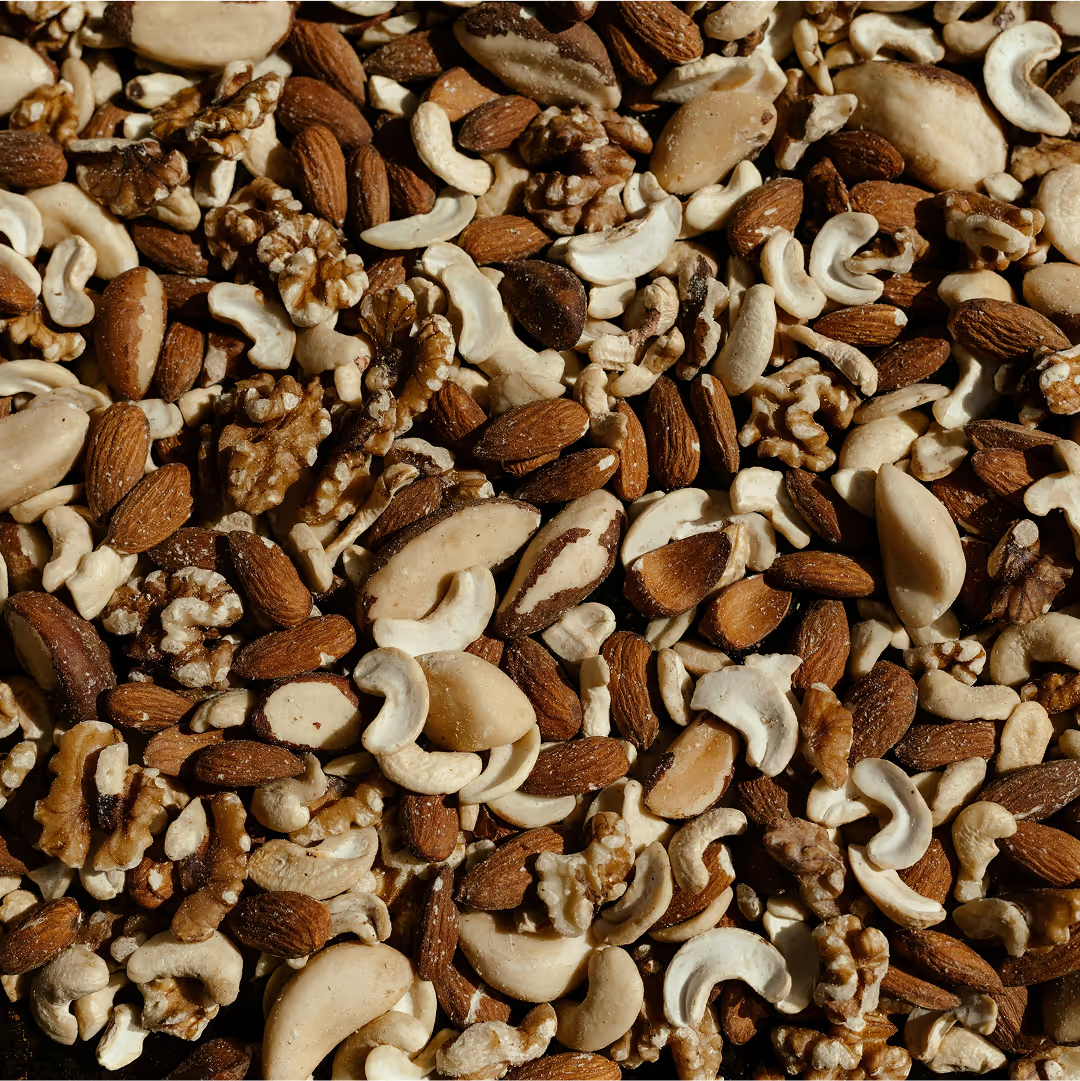Aging and energy loss typically coincide, almost influencing each other. Many think that with aging, you won’t be able to move similar to how you did 10 years ago. This is partially true, and we’ll discuss the reason for that, but there are ways to proactively fight against the impacts of aging on your energy.
Why fatigue increases with age
The first thing to know about aging and energy loss is that your biological age might differ from your chronological one. This means that your body can be 50, while your actual age is 40. Due to factors including genetics and lifestyle, people age at different rates. Not only this, but some of your organs might be older than your actual age.
In an article by Brent Bauer on Thorne, he provides some physiological factors that contribute to decreased energy levels and fatigue when aging. He writes that aging causes disorganized circadian sleep rhythms. These are the natural cycles of physical, mental, and behavioral changes you experience during the day that, when disrupted, can make you more fatigued. As you age, the hormone that is secreted during this rhythm weakens.
Another thing that happens as you age is a decrease in muscle mass and strength. Bauer points out that muscle tissue is metabolically active, requiring energy even at rest. With this decrease, your body converts food into energy slower, leading to weight gain and reduced energy. Along with this, joint pain and discomfort often lead to avoidance of physical activity.
The heart is also affected with aging. “Aging causes decreased cardiac metabolism, so the heart circulates smaller quantities of blood to the body,” Bauer writes. This results in quicker fatigue and an increase in recovery time after a workout. The maximum limit of what your heart can handle during exercise slows with aging, but a sedentary lifestyle can speed up this change.
How to reduce fatigue
Now that we understand how and why the body changes with aging, let’s look at some ways of resisting this impact. Bauer writes that moderate aerobic exercise for 30-60 minutes most days boosts energy and improves overall health. “Exercise can also help maintain muscle response time, increase muscle mass, and improve mitochondrial health.”
High-intensity interval training (HIIT) is great for improving cardiac function in older adults. This also can reduce fat and trigger the growth of new muscles. Stretching and working on flexibility and balance keeps joints mobile. Bauer writes that walking and resistance training, along with weight-bearing exercises, increase muscle mass and strength.
Another important tip is to maintain a nutritious diet. Focus on eating whole, organic foods, with a variety of fruits and vegetables along with healthy fats. This can look like a salad with mixed greens, cherry tomatoes, avocado, chicken, and feta cheese, or sunflower seeds with a side of sliced apples and peanut butter, or greek yogurt. Bauer urges readers to stay hydrated, as dehydration is more common in adults due to mobility issues and medical conditions. Hydration is an important factor in maintaining energy, as it fuels and sustains your body's functions. Also, as you age, you typically take more medications, which can affect your kidney.
With aging, many things happen to your body, but don’t let this get in the way of enjoying life. Take time to get educated on health, fitness, and what’s needed to maintain a healthy body.





